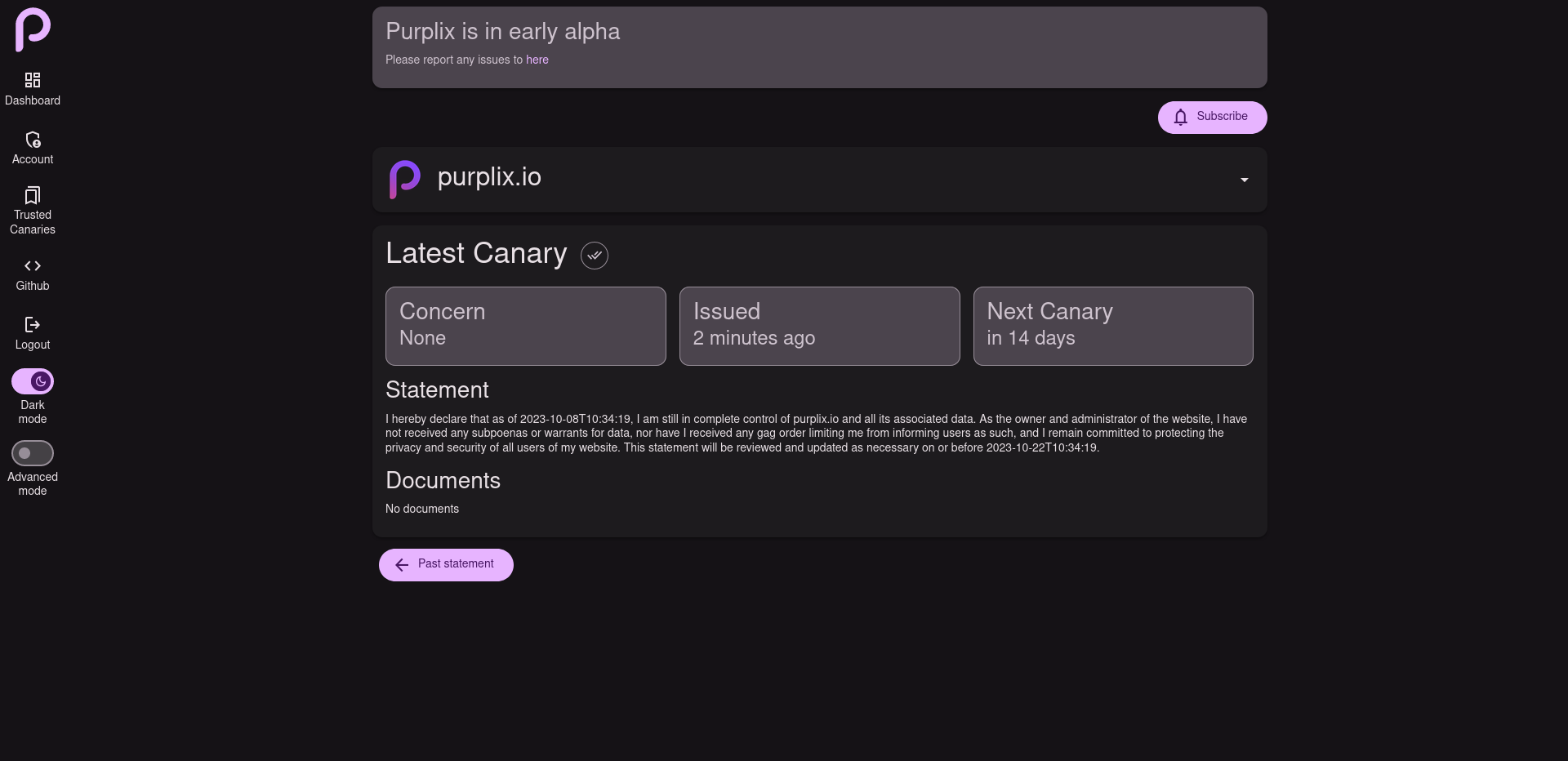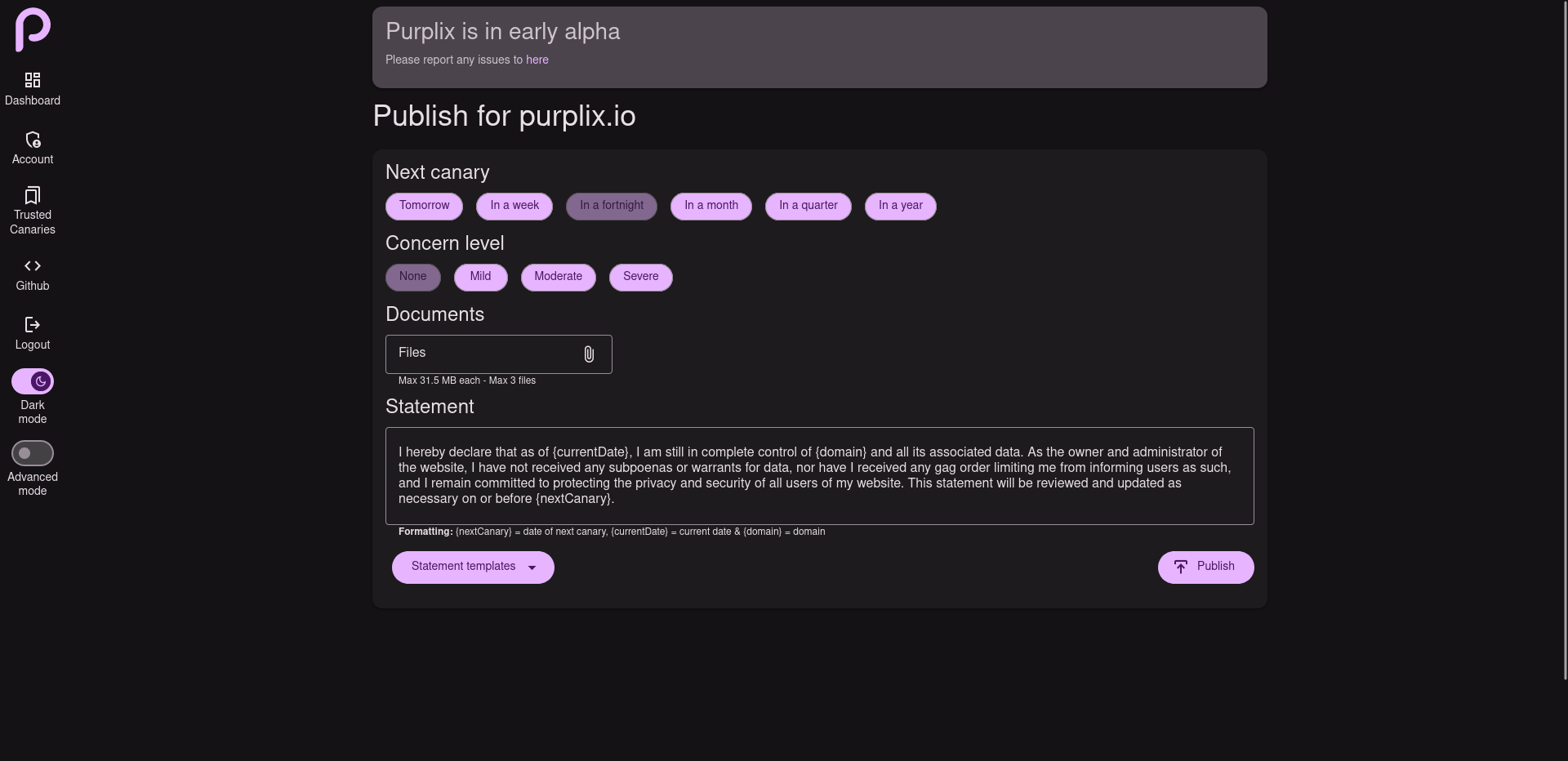view the rest of the comments
Privacy Guides
In the digital age, protecting your personal information might seem like an impossible task. We’re here to help.
This is a community for sharing news about privacy, posting information about cool privacy tools and services, and getting advice about your privacy journey.
You can subscribe to this community from any Kbin or Lemmy instance:
Check out our website at privacyguides.org before asking your questions here. We've tried answering the common questions and recommendations there!
Want to get involved? The website is open-source on GitHub, and your help would be appreciated!
This community is the "official" Privacy Guides community on Lemmy, which can be verified here. Other "Privacy Guides" communities on other Lemmy servers are not moderated by this team or associated with the website.
Moderation Rules:
- We prefer posting about open-source software whenever possible.
- This is not the place for self-promotion if you are not listed on privacyguides.org. If you want to be listed, make a suggestion on our forum first.
- No soliciting engagement: Don't ask for upvotes, follows, etc.
- Surveys, Fundraising, and Petitions must be pre-approved by the mod team.
- Be civil, no violence, hate speech. Assume people here are posting in good faith.
- Don't repost topics which have already been covered here.
- News posts must be related to privacy and security, and your post title must match the article headline exactly. Do not editorialize titles, you can post your opinions in the post body or a comment.
- Memes/images/video posts that could be summarized as text explanations should not be posted. Infographics and conference talks from reputable sources are acceptable.
- No help vampires: This is not a tech support subreddit, don't abuse our community's willingness to help. Questions related to privacy, security or privacy/security related software and their configurations are acceptable.
- No misinformation: Extraordinary claims must be matched with evidence.
- Do not post about VPNs or cryptocurrencies which are not listed on privacyguides.org. See Rule 2 for info on adding new recommendations to the website.
- General guides or software lists are not permitted. Original sources and research about specific topics are allowed as long as they are high quality and factual. We are not providing a platform for poorly-vetted, out-of-date or conflicting recommendations.
Additional Resources:
- EFF: Surveillance Self-Defense
- Consumer Reports Security Planner
- Jonah Aragon (YouTube)
- r/Privacy
- Big Ass Data Broker Opt-Out List




This is a great idea! I wish more websites did warrant canaries, and those that do often fail to maintain them or plan for the case when a gag order prevents them from updating an existing canary. The only thing I would suggest is making it more clear that being in an alpha stage means that the product should not be relied upon in critical situations.
A failed warrant canary is effectively a triggered warrant canary. If its triggered, you have to assume the company has been issued a warrant, and is therefore vulnerable.
What do you mean by a failed warrant canary? In most cases there is no clear failure because there's no clear plan in place to maintain them.
For example, if a website has a statement "we have received 0 warrants". When was that published? Yesterday? A year ago? More? Even if it has a date, say 6 months ago. What does that mean? That they only update it every year? Or maybe there were meant to update it they just forgot, maybe they aren't allowed to update it due to a gag order.
Due to the way each website does things differently with no clear guidelines, there isn't actually a defined failure case.
They typically have a date for the message and the date for the next update. If they miss their update, they have failed.
While you can find examples of companies doing it correctly, it's also easy to find companies who do not. Also, some update theirs seemingly daily but don't actually state this. Sure, you can check and see that it was updated "today", but what if it doesn't get updated and you don't know its "typically" updated daily. Again, no date for the next update.
These are all examples of companies who do not explicitly specify when the next update will be: kagi.com/privacy nordvpn.com/security-efforts/ cloudflare.com/transparency/
Maybe it was updated after your comment, but the demo site has that notice prominently at the top for me